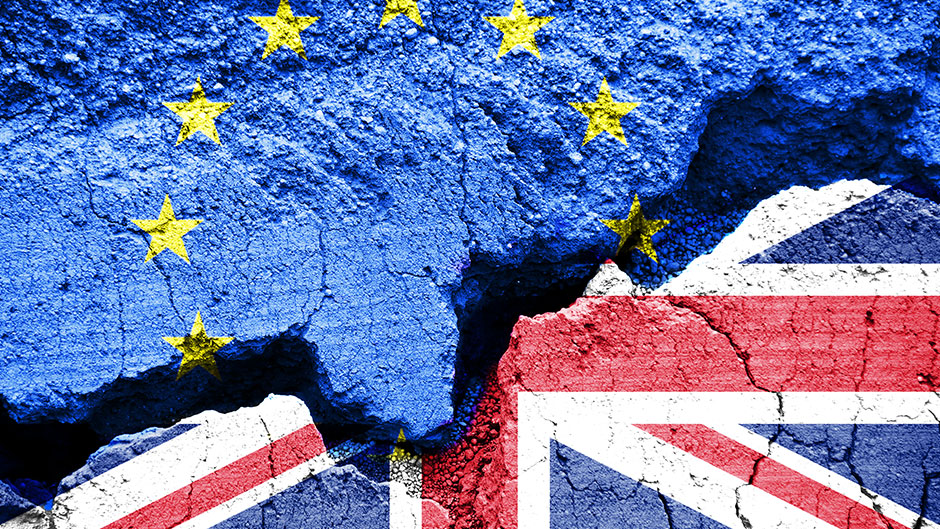Mixed agreements are international treaties, parts of which are within EU competence and parts within the competence of Member States and which, accordingly, require ratification by both. There are several hundred such agreements, ranging from free trade agreements to the UN Convention on the Rights of Persons with Disabilities and the Hague Convention on the Protection of Children. The question of whether the UK will remain bound by such agreements following Brexit without having ratified, on its own behalf, the provisions which were outside its own competence as a Member State is complex and one for which there is no precedent.
Most free trade agreements (FTAs) are mixed. Companies relying on EU FTAs, for example, when considering their supply chains, will need to consider their continued applicability in the UK post-Brexit.
Another example of a mixed agreement is the Cape Town Convention, where, for example, the provisions dealing with the International Registry fall within Member States' competence but those relating to the insolvency regime within the EU's. It has been ratified both by the EU and the UK. Following Brexit, will the UK need to agree expressly to be bound by those parts that the EU ratified? There is no clear answer but the House of Commons library has suggested that such a re-ratification will be necessary, at least in part.
“Opinions differ on the effects of Brexit on external agreements. On balance, most analysts believe that both exclusive and mixed agreements will fall on Brexit day, and will have to be renegotiated after Brexit, or possibly in parallel with negotiations on the withdrawal agreement (could this be achieved within the two-year negotiating period?). There is a view, however, that where the UK has ratified a mixed agreement in its own right, aspects of the mixed agreement will remain in force.”2
The EU Council has reached a more definitive conclusion. It has stated explicitly that “the UK will no longer be covered by agreements concluded by the Union or by Member States acting on its behalf or by both acting jointly”.3
However, the UK Government has taken a contrary position stating that its view is that, as a matter of international law, the UK is a contracting state under the Cape Town Convention and Aircraft Protocol, and that this will not be affected by the UK leaving the EU. Therefore, it believes that there will be no question of the UK ratifying these agreements again.
It is true that the Cape Town Convention is substantively different to other mixed agreements and that the EU Council probably did not have this treaty in mind when it issued its negotiating guidelines. But is also true that there is no established international law governing this situation: nothing like Brexit has happened before. The question will need to be resolved during the Brexit negotiations in a way which permits the UK to remain a contracting state.





